80-year-old fishing mystery remains unsolved
In 1936, Nick McCrory, 32, and a friend, 36-year-old Joseph Nuccio, vanished under suspicious circumstances near Lake Maurepas. For more than 80 years, descendants of both victims have suspected that the Livingston Parish Sheriff’s office covered up their murders.
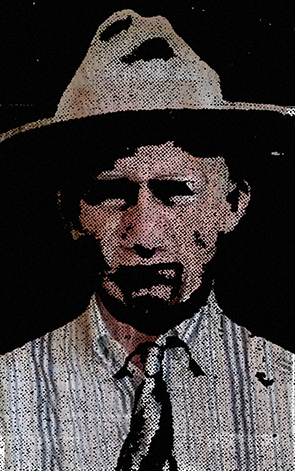
According to the railroad and official maps, Nick McCrory and his three brothers, Maurice, Huey, and Ernest, lived in Akers, Louisiana. However, locals have always referred to the community near the pass as simply Manchac.
The village of Manchac in Tangipahoa Parish cuddles Pass Manchac, the channel connecting Lakes Pontchartrain and Maurepas. Adding to the confusion, Pass Manchac is often confused with nearby Bayou Manchac, the waterway connecting the Amite River and Mississippi River south of Baton Rouge.
At 3:30 on a Monday morning, November 30, 1936, Nick and Joe left Manchac in a motorboat, towing a small red lake skiff in the direction of their fishing camp. The camp sat on pylons, above water, near the mouth of the Amite River, 13 miles across Lake Maurepas.
According to William Williams, night manager of a 24-hour restaurant near Pass Manchac, the two arrived for coffee thirty minutes earlier and left with 12 sandwiches. They expected to stay at the camp three days, he said, “if they hit fish.”
By Thursday night, Joe’s wife, Irma, grew worried.
She locked up her small houseboat and walked 100 yards with her three children to Nick McCrory’s house. There, Irma told the brothers that Joe and Nick had never stayed out that long and that she feared something had happened to them.
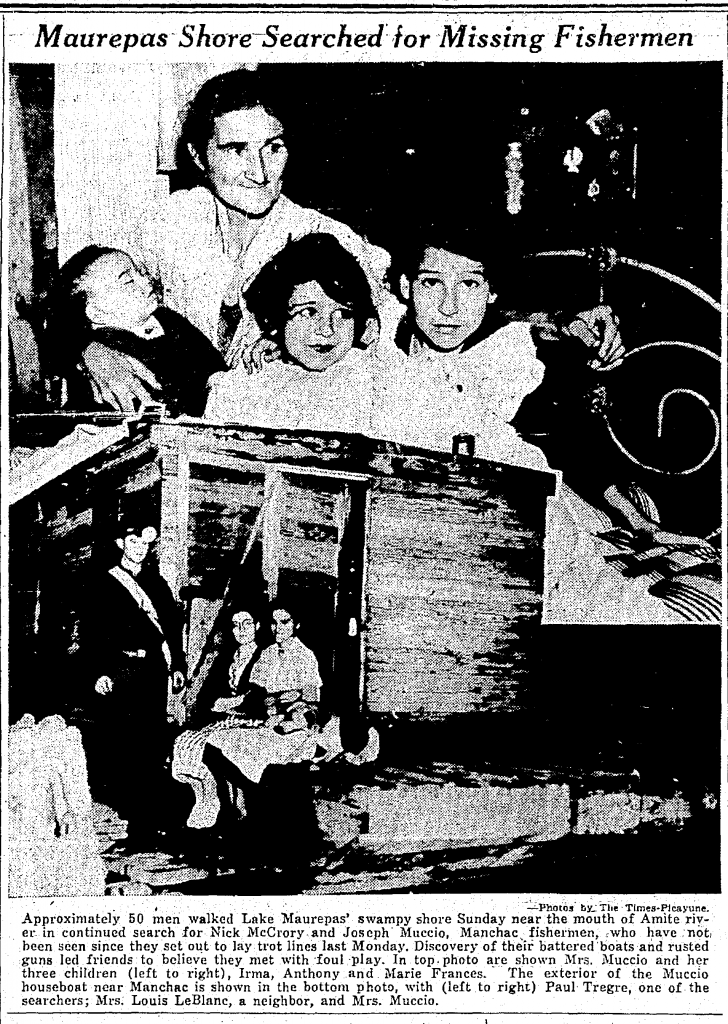
Believing the men had found the fishing exceptionally good, the brothers told Irma she had overreacted. However, they promised her that Charles McCrory, another brother, would bring his boat Saturday and search for them if necessary.
Unfortunately, the alarm came before Saturday morning.
Late that Friday night, J. W. Bates and Louis LeBlanc docked at Manchac after a fishing trip near the mouth of Blind River. Just before dark, Bates told William Williams, the two men discovered Nick and Joe’s red skiff toppled. It had washed ashore four miles from their camp, and that they saw no lanterns burning inside the fishing shack.
Saturday morning, Paul Tregre, a Manchac fisherman, led one of the three search parties that found Joe and Nick’s half-swamped motorboat. Someone had moored the craft to a piling near the camp with provisions still aboard.

William Williams accompanied Paul, along with his brother, Clarence Williams.
William told Paul there had been no recent trouble among groups of fishermen. “None that could account for foul play,” the café manager said. “Neither man had any enemies other than the few everyone picks up in a chance argument now and then.”
Nick McCrory’s brother, Maurice, trapper Dennis Rottman, and Ponchatoula Alderman Ora Jenkins followed in a second boat.
At the same time, J. W. Bates and Louis LeBlanc traveled four miles north, returning to the spot where they saw the red skiff. As before, they found it capsized and splintered on the lake-shore.
Finding no evidence of missing men in the water, all three teams met back at the camp where Joe and Nick had moored their motorboat.
Three hours later, Paul Tregre and the Williams brothers boated back to Manchac. The others had docked near the mouth of Blind river and took Maurice McCrory’s car to Denham Springs, looking for Livingston Parish Sheriff Rudolph P. Easterly.
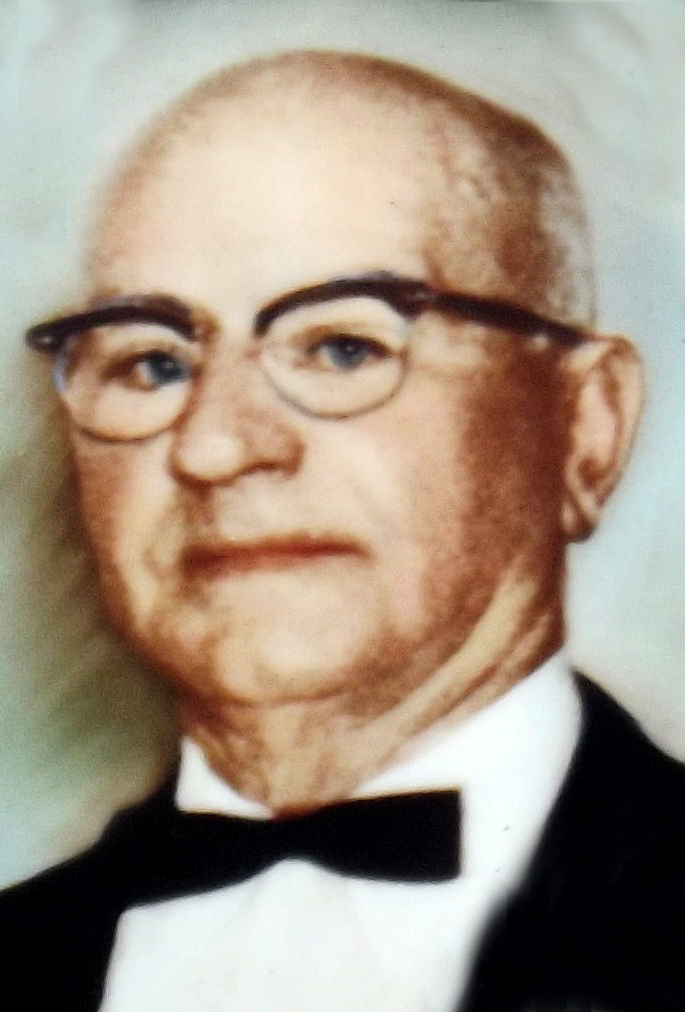
Inside William’s cafe, Paul told reporters that he believed river pirates had ambushed Joseph Nuccio and Nick McCrory. “I believe they hit them just after they reached the camp and tied the boat,” he said.
“When we reached the camp,” Clarence told them, “We saw the boat, half sunk, but still I loaded with provisions. We suspected right away that Joe and Nick met with foul play.”
“The food was floating on the bottom of the boat,” added Paul. “Joe’s .22 caliber rifle and Nick’s shotgun were lying half in the water, with the rust of several days on the barrel.”
“Joe’s hobby—everyone around here will tell you—is his guns,” William inserted. “The first thing he would have done is unload the boat and put the weapons away.”
“It’s about a three-hour trip from Manchac to the camp,” Paul continued. “When you make that trip early in the morning, you get cold and tired. The first thing you do when you get into camp is to build a fire and boil some coffee. We looked in the stove, and there weren’t any ashes. In fact, you could see that they hadn’t been in the place at all.”
“We looked over the boat for shotgun slugs but didn’t find any,” said Clarence. “We didn’t find any blood either, but someone had tied the rope to the pile in a hard knot.”
“It looked to us like Joe and Nick had stepped into the water, about to carry the food and guns into the camp, when someone attacked them, either from the shore or from another boat,” Paul explained.
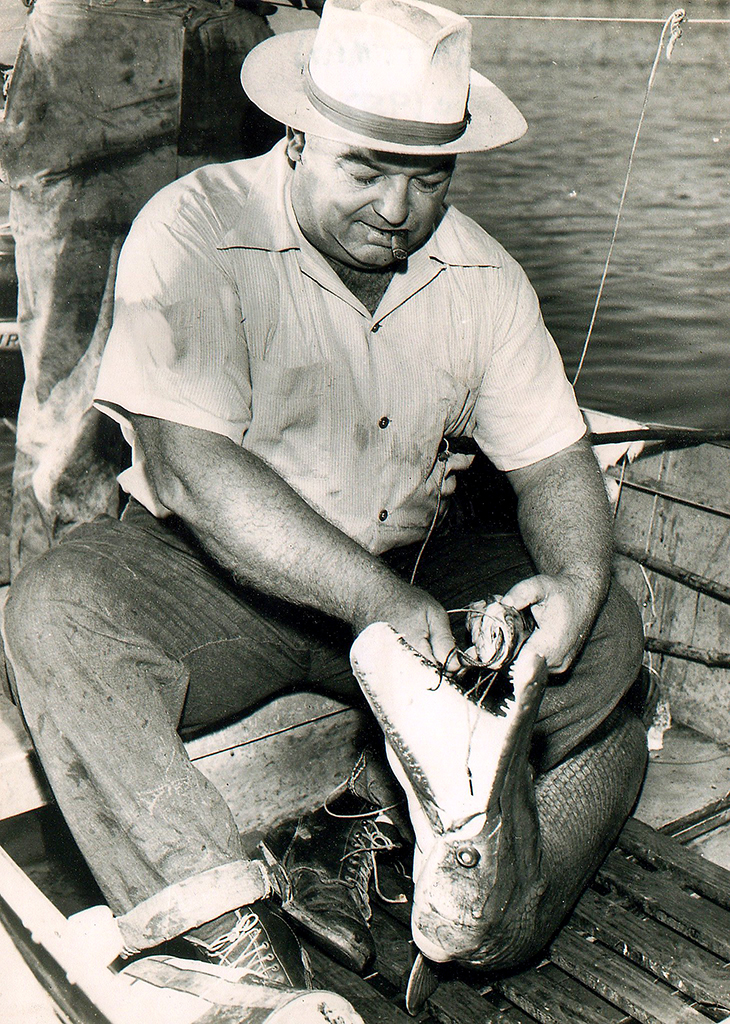
“The camp, where all three searching parties met, is about 30 yards from the lake,” he said. Relatives of Joseph Nuccio and Nick McCrory called both men good swimmers, and Paul Tregre that the lake is not beyond a man’s depth within a half-mile of the shore.
“We went on down the shore,” Paul continued, “and found the little skiff just where Bates said it was, but it was obvious it didn’t wash ashore. We found tracks. Somebody pulled it aground.”
“Fishing line, with cork floaters tied to them, were hanging out of the boat and floating around in the water like spaghetti,” he said. “We can’t figure out how the skiff got there, but it’s a sure thing that they didn’t take it out to set their lines before they emptied the boat.”
The following Sunday morning, Sheriff Easterly told the Denham Springs News that his investigation had began that day. “Since it’s in my parish, I will make a trip to the camp,” he said, “And I’ll start questioning people around here who might have some knowledge of the case.” “If them boys met foul play,” he said, “Trust me. I’ll get to the bottom of it.”
In next week’s conclusion, the family and friends of these missing men confront Sheriff Easterly at Middendorf’s Cafe in Manchac, listing the reasons they believe the Livingston Parish Sheriff’s office is hiding something.

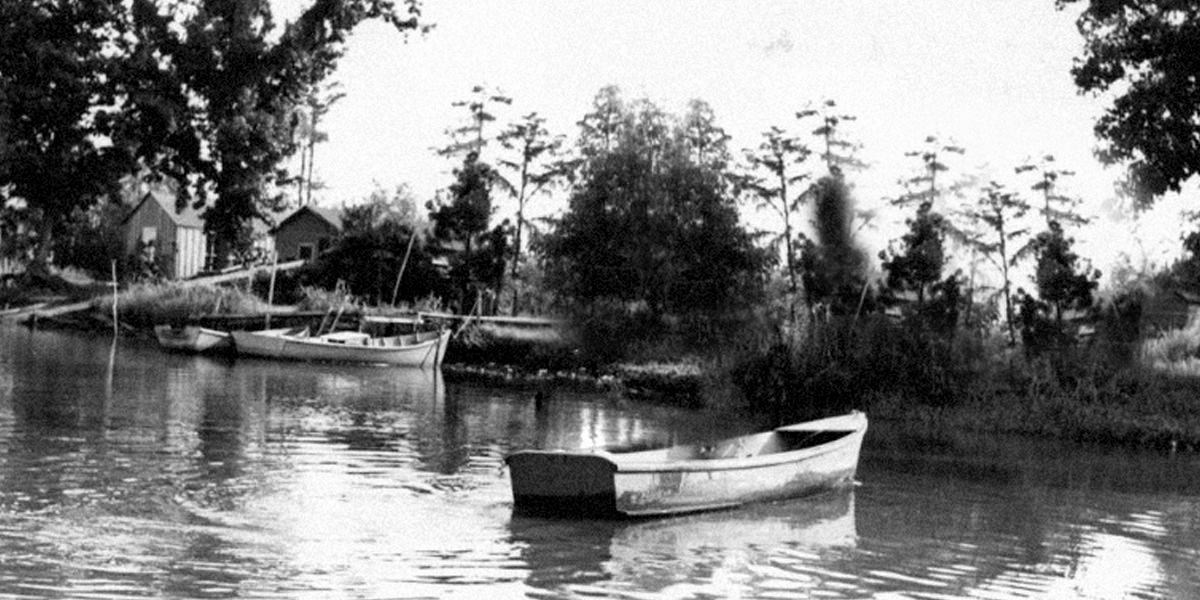
Marchand August 29, 2020 (2:20 pm)
Does this say they left Manchac and travel 13 miles to the mouth of Amite river and stop in Pass Manchac?
HL Arledge August 29, 2020 (2:31 pm)
No.
After the line mentioning the 14-mile trip, the article says “…the two arrived for coffee thirty minutes earlier…” meaning they had coffee in the cafe and bought sandwiches before making the trip across.
Paul Mathews August 30, 2020 (9:20 pm)
Joe was my great grandfather. It is sad to hear what happen. Even after 80 years hope the answers are found.
HL Arledge August 31, 2020 (7:06 am)
I do, too, Paul. Thanks!
Donald S. August 31, 2020 (9:22 am)
This sentence at the beginning: ”…descendants of both victims have suspected that the Livingston Parish Sheriff’s office covered up their murders” seems irresponsible after I compared it to the last paragraph. Literally nothing in the article to support such a statement.
HL Arledge August 31, 2020 (9:30 am)
Thanks, Donald.
Remember, you have read only half of the full report. The story continues this Thursday.
Barbara J Cheney August 31, 2020 (9:03 pm)
I am ready for the 2nd part!
HL Arledge September 1, 2020 (6:51 am)
Thanks, Barbara.
No worries. Thursday will be here soon.
Gi Gi September 6, 2020 (3:19 am)
This is an interesting story. My grandfather, Louis LeBlanc found Joe Nuccio’s body. This was before my mom was born. In 1954, my mom married my dad and his name is Joe Nuccio. Just so hard to believe. Then I found out that the Joe Nuccio that was found was my good friend’s grandpa. My friend’s name is Frank Calamia.
HL Arledge September 6, 2020 (7:02 am)
Yes, it’s a small world. My wife says I’m related to everyone in the state of Louisiana. ;0 )